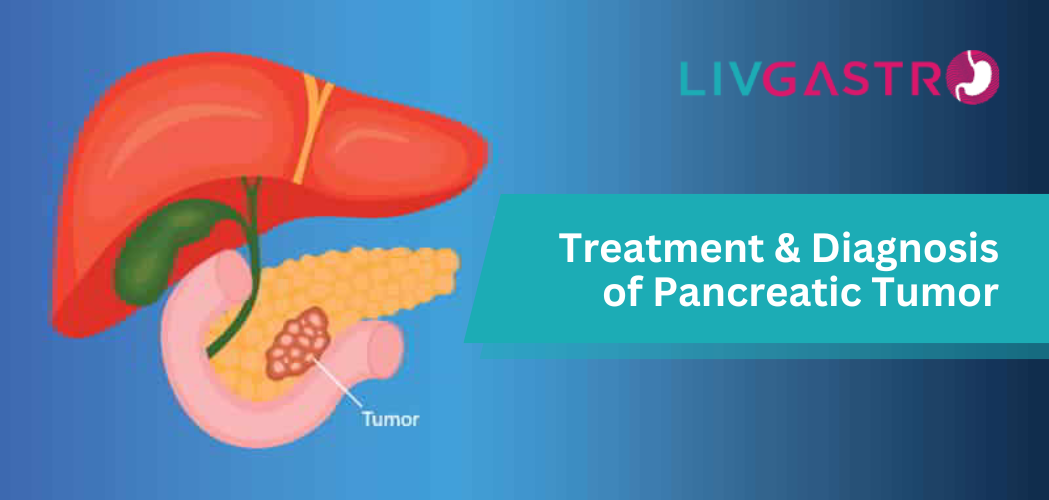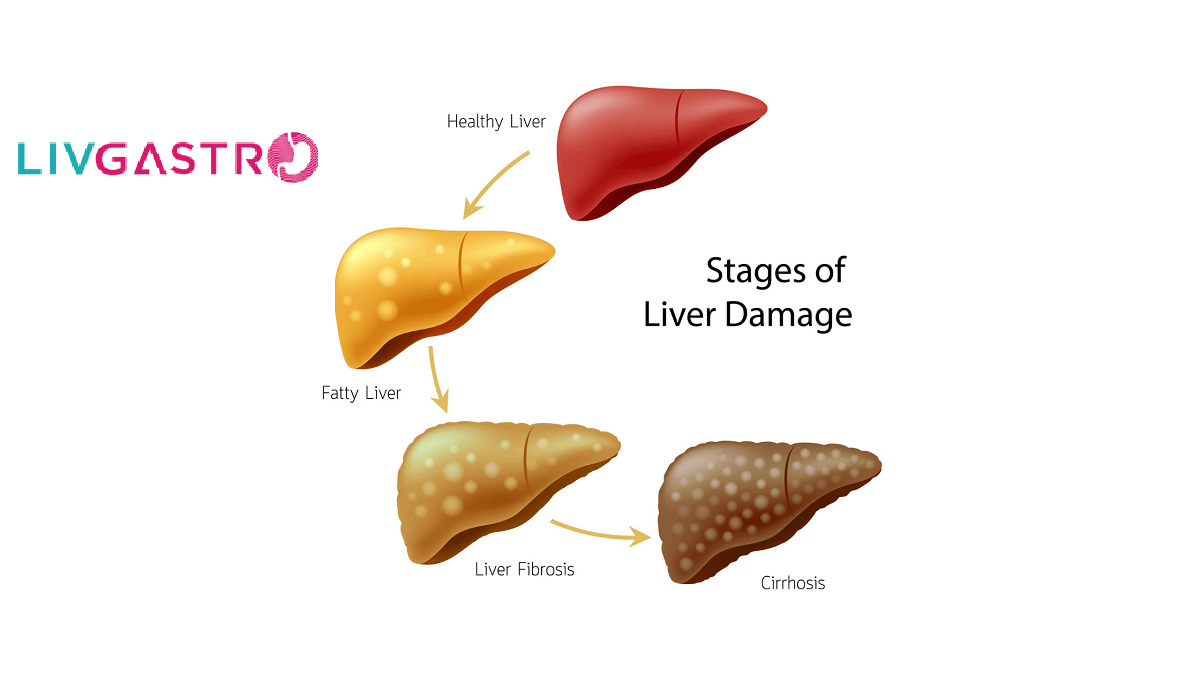

Pancreatic tumors are abnormal growths in the pancreas, an organ responsible for producing enzymes and hormones essential for digestion and blood sugar regulation. These tumors can be benign (non-cancerous) or malignant (cancerous), and understanding their causes, diagnosis, and treatment options is critical for effective management. Dr. V. K. Rai, one of the leading liver specialist doctors in Kolkata, explains the basics of pancreatic tumors and their management.
The pancreas comprises mostly exocrine cells producing enzymes and only a handful of endocrine cells generating hormones such as insulin. With almost 20 different kinds of tumors possible, including both exocrine and endocrine (neuroendocrine) tumors, most pancreatic cancers—over 90%—are exocrine tumours.
Often show up in digestive enzyme-carrying tubes. Adenocarcinomas (most frequently seen), rare acinar cell carcinomas, aggressive adenosquamous carcinomas, slow-growing pancreatoblastoma in children, squamous cell carcinomas (rare and difficult to treat), and solid pseudopapillary tumors (SPT/SPN), which are uncommon, affect young women and are easier to cure.
Early Symptoms for Pancreatic Tumor:
While some NETs are less invasive and slow to develop, others can metastasize—that is, spread and turn fatal. Managing their consequences mostly depends on early identification and treatment.
Mostly harmless, these tumors include serous cystadenomas (fluid-filled, rarely cancerous), intraductal papillary mucinous neoplasms (IPMNs, mucin-producing precancerous cysts in ducts), and mucinous cystic neoplasms (MCNs, precancerous cysts in the pancreas body or tail, often affecting women). Though often benign, these cysts must be watched for indications of cancer.
While some NETs are less invasive and slow to develop, others can metastasize—that is, spread and turn fatal. Managing their consequences mostly depends on early identification and treatment.
Pancreatic tumors can be difficult to identify at first as, particularly in their early stages, they can not show clear symptoms. Your gastro-liver specialist in Kolkata can track the tumor spread when there are a number of symptoms, including:
• Abdominal pain ( upper abdomen or back).
• Unexplained weight loss.
• Jaundice (yellowing of the skin and eyes).
• Loss of appetite.
• Fatigue.
• Nausea and vomiting.
• Changes in stool (e.g., pale, oily, or floating stools).
• New-onset diabetes (in some cases).
Any top gastro-liver specialists in Kolkata can conduct several tests that are used to detect tumors, which might or might not lead to the diagnosis of pancreatic cancer. The most efficient of those tests are:
efficient of those tests are:
• Imaging tests like ultrasound, CT scans, MRI, and PET scans create detailed pictures of the pancreas.
• Endoscopic ultrasound (EUS)https://staging-env.makeitlive.info/livegas/diagnostic-services/”> involves using a tube with a camera to take images and can also collect tissue samples.
• Biopsy is the procedure for removing a tissue sample, often during EUS, to check for cancer.
• Blood tests, like CA19-9, can detect tumor markers, though not all pancreatic cancers produce this protein.
• Genetic testing looks for inherited DNA changes that may indicate increased cancer risk, helping to guide treatment and assess family risk.
Treatments for Pancreatic Tumors:
These methods work together to detect tumors and inform treatment decisions.
The treatment plan is tailored based on factors like tumor type, size, location, stage, and the patient’s overall health. Your trusted liver specialist doctor in Kolkata can ensure the best treatment by first closely monitoring your condition.
• Benign pancreatic tumors are managed with observation for asymptomatic cases. Symptomatic or risky tumors may require surgery, including enucleation to preserve pancreatic tissue or resection, such as the Whipple procedure or distal pancreatectomy, for larger or more complex cases.
• Neuroendocrine tumors (NETs) are treated with surgery, including enucleation for small tumors or resection for larger ones. Medications like somatostatin analogs manage symptoms, while targeted therapies, chemotherapy, and liver-directed treatments (PRRT, ablation, embolization) address aggressive or metastatic cases.
• Malignant pancreatic tumors are treated with curative surgeries like the Whipple procedure, distal, or total pancreatectomy. Chemotherapy and radiation, either combined or standalone, are common. Targeted therapies (EGFR or PARP inhibitors) and immunotherapy are options for specific genetic cancer profiles.
Treatments for pancreatic tumors differ depending on the kind. While NETs and malignant tumors usually require targeted medicines, surgery, or advanced treatments like PRRT or immunotherapy, benign cases may call for surveillance or surgery. Your chosen gastro-liver specialist in Kolkata will guide you through the diagnosis and treatment in the most efficient way possible.

Acidity and liver disorders are two common health issues that can affect anyone. While a
read more
Fatty Liver, as the name suggests, is the excessive build-up of fat in a liver of about
read more
Hiatal Hernia: Understanding its Symptoms, Diagnosis & Treatment People, mostly those o
read more